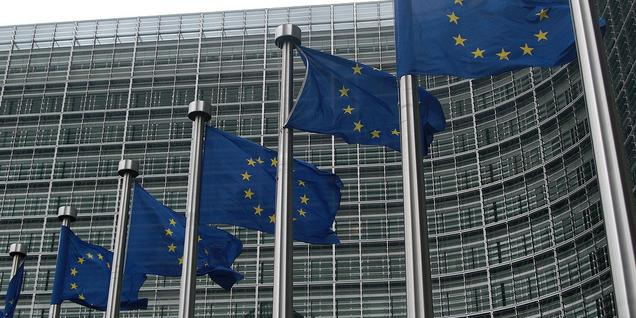The payment of the EEG surcharge could be considered something equivalent to a customs duty and therefore renewable energy imported into Germany should be exempt from the payment of the surcharge, the commission said at the beginning of the week, Germany's economics and energy ministry told Recharge.
Officials at the office of EU competition commissioner Joaquín Almunia weren't immediately available for comment today.
German energy minister Sigmar Gabriel in a speech yesterday said he couldn't understand why the commission has suddenly arrived at this viewpoint, after being in close contact with him for the past six months about the reform of Germany's Renewable Energies Act (EEG) that is slated to pass the parliament in Berlin tomorrow.
The commission in talks this week had suggested a compromise under which at least part of foreign RE could enter Germany without paying the surcharge, Gabriel said, rejecting that sharply.
"Either the EEG surcharge is a customs duty, and then it would be illegal according to the (EU) treaties and couldn't be raised anywhere, or it isn't," Gabriel told an audience of energy industry executives.
"In that respect, the whole discussion is a bit strange, in particular as it had never surfaced before."
Germany's EEG, including the surcharge has been in force since 2000 and has been praised as one of the best support systems in the world to boost the expansion of RE.
The commission also attacked a second aspect of the reformed EEG, the fact that Germany for the first time will also levy part of the EEG surcharge on the consumption of self-produced RE.
While the measure is highly controversial in Germany itself as it could choke off the growing market for self-consumption, the EU commission's doubt lay elsewhere. Brussels fears a discrimination between new RE installations that will have to pay the levy, and already operating ones that remain exempt.
Berlin considers slapping the EEG surcharge on self consumption from already existing plants to be a retroactive measure, and is therefore abstaining from it.
Over this point, the German government and the commission reached a compromise that leaves already operating installations without having to make the payment, but the system will need to be reviewed in three years time. Gabriel said as soon as the next EU commission has taken office he will try to convince it to skip the issue.

